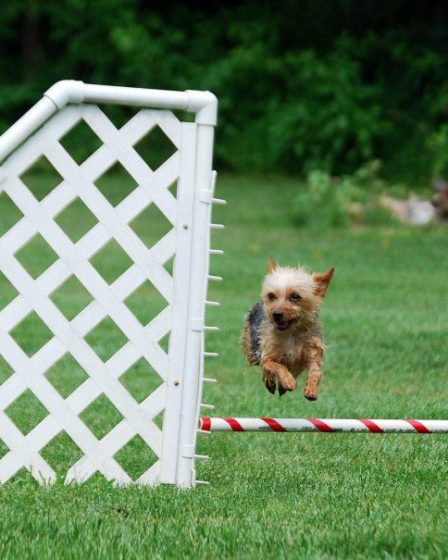Your brain is wired to create and use habits. Most of what you do during a day actually qualifies as a mental “habit”. From brushing your teeth to feeding your dogs to driving to work and on through your day, close to fifty percent of your thoughts and actions are routine. They’re habitual.
This is good as it saves you countless minutes of mental processing. Our minds are designed to build unconscious routines, which psychologists call habits, so we can focus on the new and unusual – a definite advantage to our ancient ancestors.
Some habits are useful – tying your shoes, putting on a seat-belt, hand washing, turning off the stove, etc – while others are detrimental or destructive. We’re going to focus on the good habits and use some leading-edge psychology to build even more!
In his New York Times award-winning book, The Power of Habit, Charles Duhigg explores the concept of a keystone habit. He recognized that people can make significant changes in their life with minimal effort by consciously developing keystone habits. These are new behaviors or changes in routine that set off a chain reaction of new and improved behaviors without extra willpower or attention.
Multiple studies have found that exercise is one of the strongest keystone habits. Any exercise – from a walk around the block or ten thousand steps a day or a bike ride around your neighborhood – counts when you’re creating a new habit. Over the long term, the duration or level of effort is not as important as the daily routine of some form of exercise. This is the concept embedded in the current usage of “fitness challenges” by personal trainers. Working the challenge at any level improves your fitness but the true benefits are much, much bigger. Exercise as a keystone habit leads to the progressive development of other good behaviors and thoughts. It works something like this…
After a short workout, you drink more water. You then feel better and make a healthier choice for lunch or skip dessert at dinner. After a few days, a little bit of lost weight energizes you to up your exercise amount so you take a walk after lunch. More exercise then leads to better sleep and a better attitude which makes you more productive at work. More productive means less stress which reduces illnesses and gives you even more energy.
And so it goes – on and on – a cascade of small changes in behavior and attitude lead to positive changes throughout your life. Everyone will have their own stream of changes in behavior but the process of moving toward positive choices and attitudes is the same. And, it all stems from using one small keystone habit.
Other common keystone habits are:
Goal Setting
Time Management
Food Journaling
Eating Family Dinner
Meditating
Money Management (budgetting)
Consistent Sleep
Do you have a keystone habit that you’re working on?
Or, have a keystone habit that’s changed your life?
Let us know about it in the comments!


